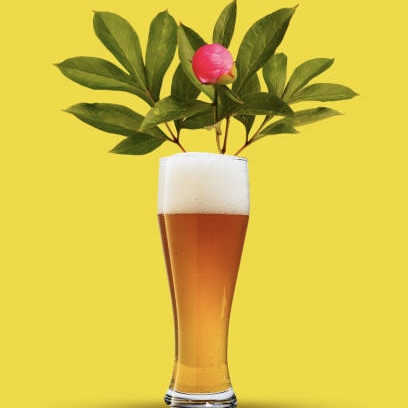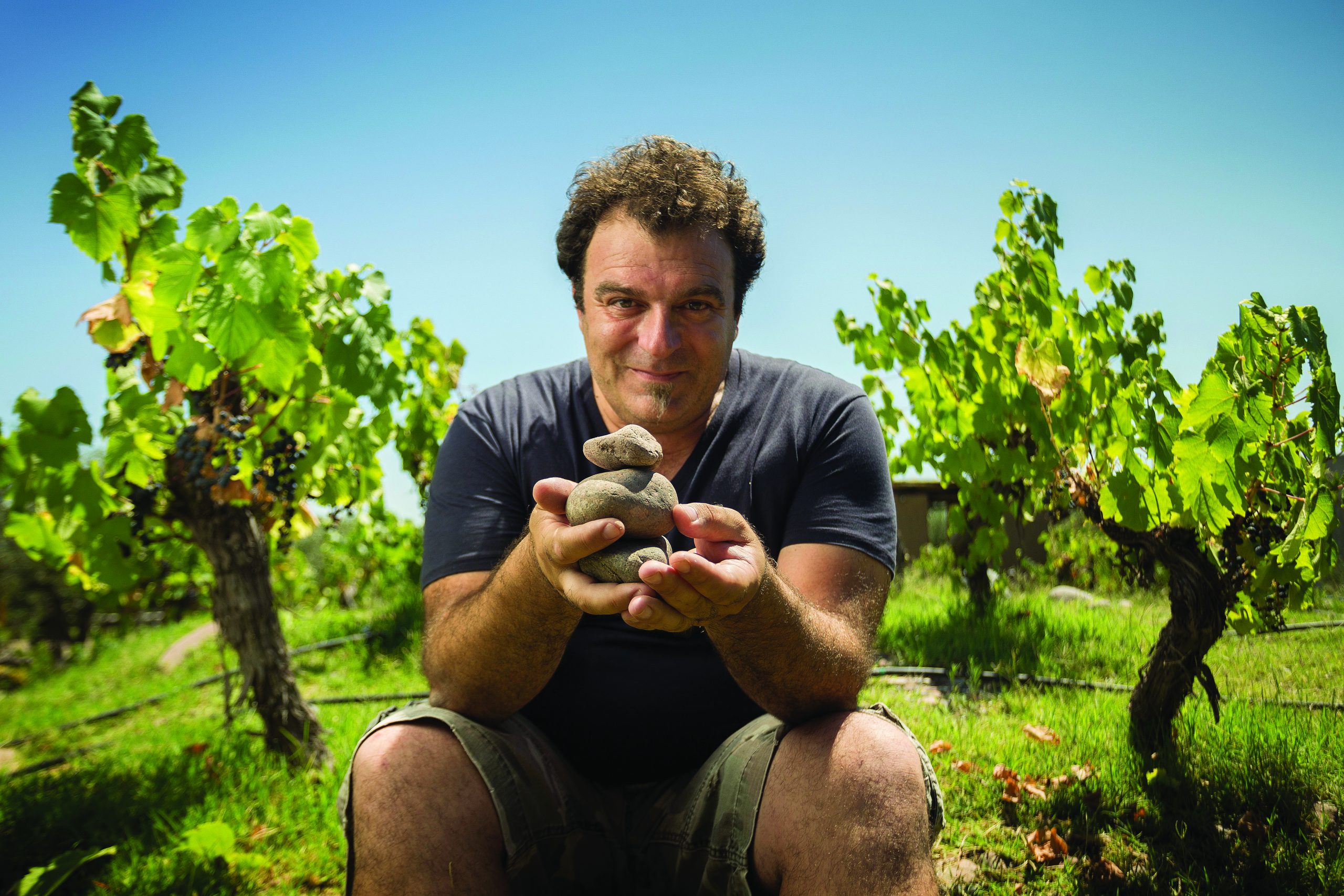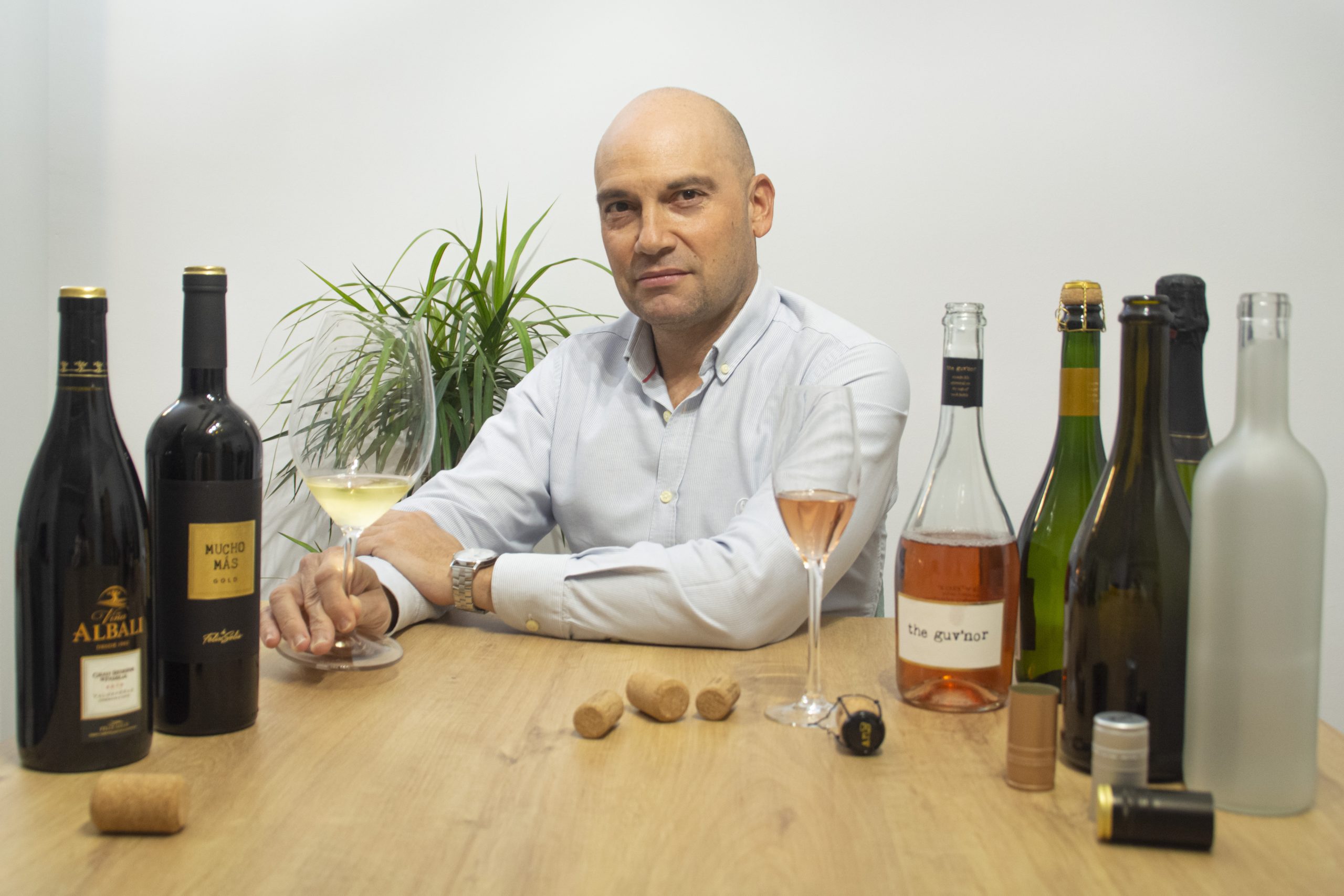This website uses cookies so that we can provide you with the best user experience possible. Cookie information is stored in your browser and performs functions such as recognising you when you return to our website and helping our team to understand which sections of the website you find most interesting and useful.
Rare ‘sweets and beer’ tree saved from extinction
By Jessica MasonA rare species of tree, which used to have its fruit eaten as sweets and was once used to make beer, has been preserved for future generations.

According to reports via the BBC, the historical significance of Wild Service trees, also known ‘Chequers trees’ are the reason why many pubs and inns share the name.
At present, there are only 16 recorded Wild Service ‘Chequers’ trees in Denbighshire, but the council’s tree nursery now has dozens of young specimens, which will eventually be planted out.
The project, which is being cultivated to boost biodiversity, began following its declaration of a climate and ecological emergency in 2019.
Then, in 2022, the site of a former council-owned farm in St Asaph was turned into a tree nursery.
Partner Content
The nursery at Green Gates farm, funded by the Welsh government, set out with the aim of producing more than 5,000 native trees and 5,000 native wildflower plants a year, with the help of a small army of volunteers.
Liam Blazey, senior biodiversity officer for Denbighshire council, said: “At the moment, unfortunately, there’s not much biodoversity left in the UK. It ranks 189th out of 218 countries. From a biodiversity perspective the UK is very impoverished. This project is looking to restock some of these lost species and boost populations that are currently there. Hopefully through some of the work we are doing here, we can slow or turn the tide.”
Blazey explained: “A single tree is an entire ecosystem in itself. Every one of these trees, once it’s planted out, will live for over 100 years and the amount of life you can get from that is incredible. The flowers are useful for moths and pollinators, the fruit is eaten by bullfinches and robins, the fruit that isn’t eaten falls to the floor and that’s consumed by foxes and badgers and other mammals. But then you’ve got lichen and mosses that in themselves have entire little eco-systems surrounding their survial.”
Tree nursery assistant Sam Brown added: “Getting hands-on with these really rare tree and plant species is just amazing. Not only is it a current topic but it’s really important that we sort our biodiversity out, because we are so nature depleted.”
Related news
Where to find the cheapest pint of Guinness on St Patrick’s Day





